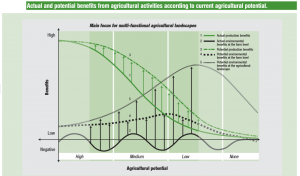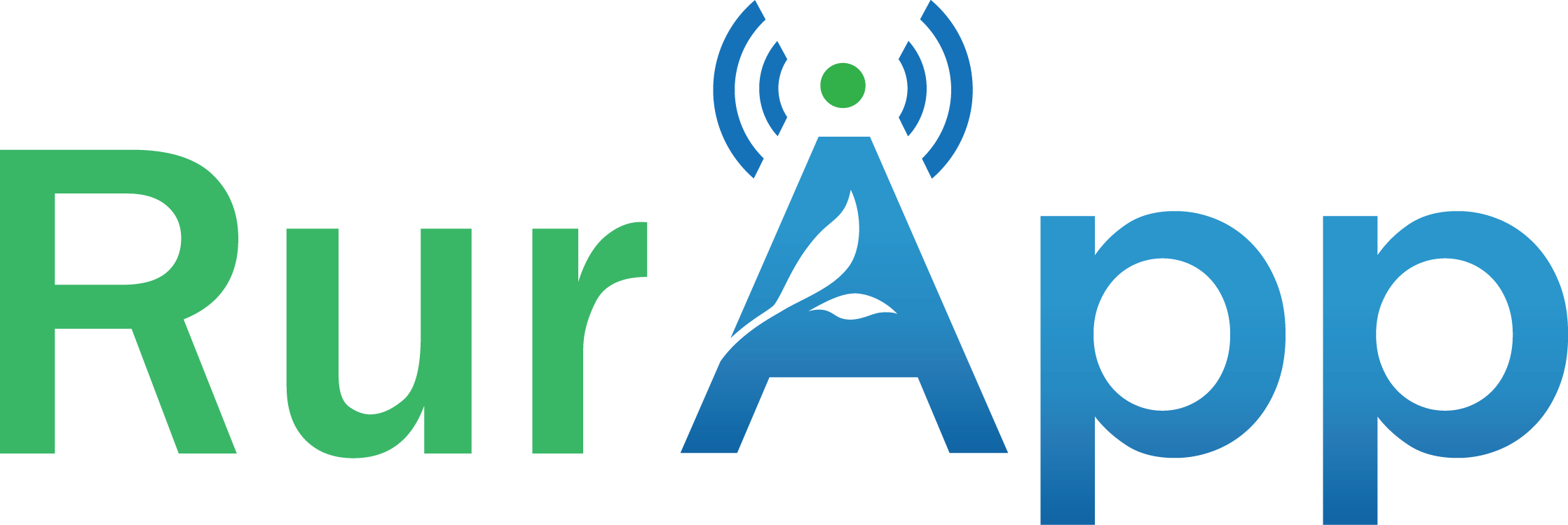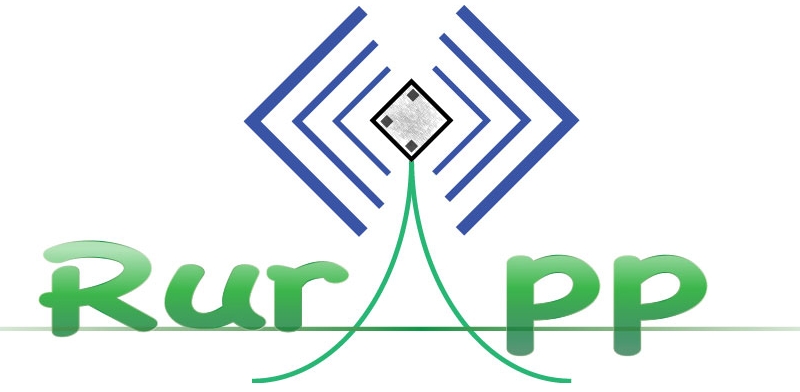Rurapp is essentially applying modern technology collaborated with farmers to ensure fast track supply chains worldwide for small holder organics. The Rural trade technology is set to revolutionize market access for small holder farmers located in often trade isolated, rural areas worldwide.
Large seed and agricultural fertilizer companies have a single focus of making big farms work to produce more per hectare in monoculture farms. Instead of studying seed genetics, Rurapp believes in communication technology and intelligent data-basing. Rurapp believes uniting even the smallest of farmers in remote location can transform the supply capacity for clean food agriculture. This is especially important as traditional fertile agricultural lands are no longer available for farming.
 With Rurapp small scale farmers are united digitally within a large, often multi-country buying program that delivers efficiencies to logistics and quality control. Rurapp has a focus on verification without needing to deploy expensive administrative human resources.
With Rurapp small scale farmers are united digitally within a large, often multi-country buying program that delivers efficiencies to logistics and quality control. Rurapp has a focus on verification without needing to deploy expensive administrative human resources.
Smallholder upgrading is at the core of inclusive value chain development because upgrading adds value by improving efficiency (process upgrading) and/or product quality (product upgrading). Rurapp projects encourage measurement data in terms of smallholder adoption and continued use of new inputs and practices. At RurApp we believe that education is key for a successful quality of life in the seed to table market. Additionally information and analytics are key to the success of the ever changing farmers, businesses, and influences of the industry.
Rurapp Inc has launched the technology trade and traceability tools to be used as a Project format to groups of interested farmers and commodity trader and consumer brand buyers worldwide. There are several types of trade and traceability tools available to Rurapp Project coordinators that can supports the technology architecture delivering an inclusive agricultural market system. The intelligent database driven focused supply chain solution called Rurapp enables the tracking of farmer produce all the way through a value adding chain. By providing from manufacturer to consumer verification systems for supply chains, brands can provide authentic, clean food with transparent consumer information systems eliminating any risk of food scandals.
- Facilitate increases in the quality and types of information available to smallholders. The information that smallholders need to evaluate alternative market opportunities includes general market and price information, as well as specialized technical information on production and post-harvest handling. The buyers of the agricultural products supplied by the Client Organisation are provided with a full traceability report for their entire purchase. In addition, smallholders need information on end market specifications, with a common channel for this information being through vertical linkages to buyers and/or input suppliers. In order to build inclusive market systems, each Rurapp Project address clear logistic information facilitating an unobstructed flow of market and technical information to smallholder rural farmers.
- Rurapp agricultural technology focuses on productivity enhancing technologies that match smallholders’ resource and risk profiles. Web Services and integration tools to tie all the solution together. This includes RurApp’s Social Network. This is the crucial piece to provide detailed information or the “full story” of the product. Farmers and partners can provide information via the social network of the product, location, pictures and feedback. These tools allow for agricultural intensification.
- Ten years of research has allowed Rurapp to deliver investments that benefit large numbers of smallholders. Improvements in infrastructure, communications, include Rurapp’s capacity to manage all communication globally. Advances in information and communication technology has lowered costs, especially the costs of obtaining predictable and ongoing value chains from very remote regions. Rurapp communication architecture includes Alerts, SMS, Voice (VOIP), Call Center and Automation. Authorised Officers can set scheduled alerts or on demand alerts via SMS. Auto calls can also be made with a recorded message spoken in any recorded language. Alerts may be to remind them of an upcoming harvest that falls in line with scheduled pick up of their crops or livestock. This data communication capacity delivers widespread benefits. As projects are sustained, project success can lead to other improvements to areas such as power and cold chain storage systems can help to reduce costs and improve profitability for smallholders and their commercial partners.



